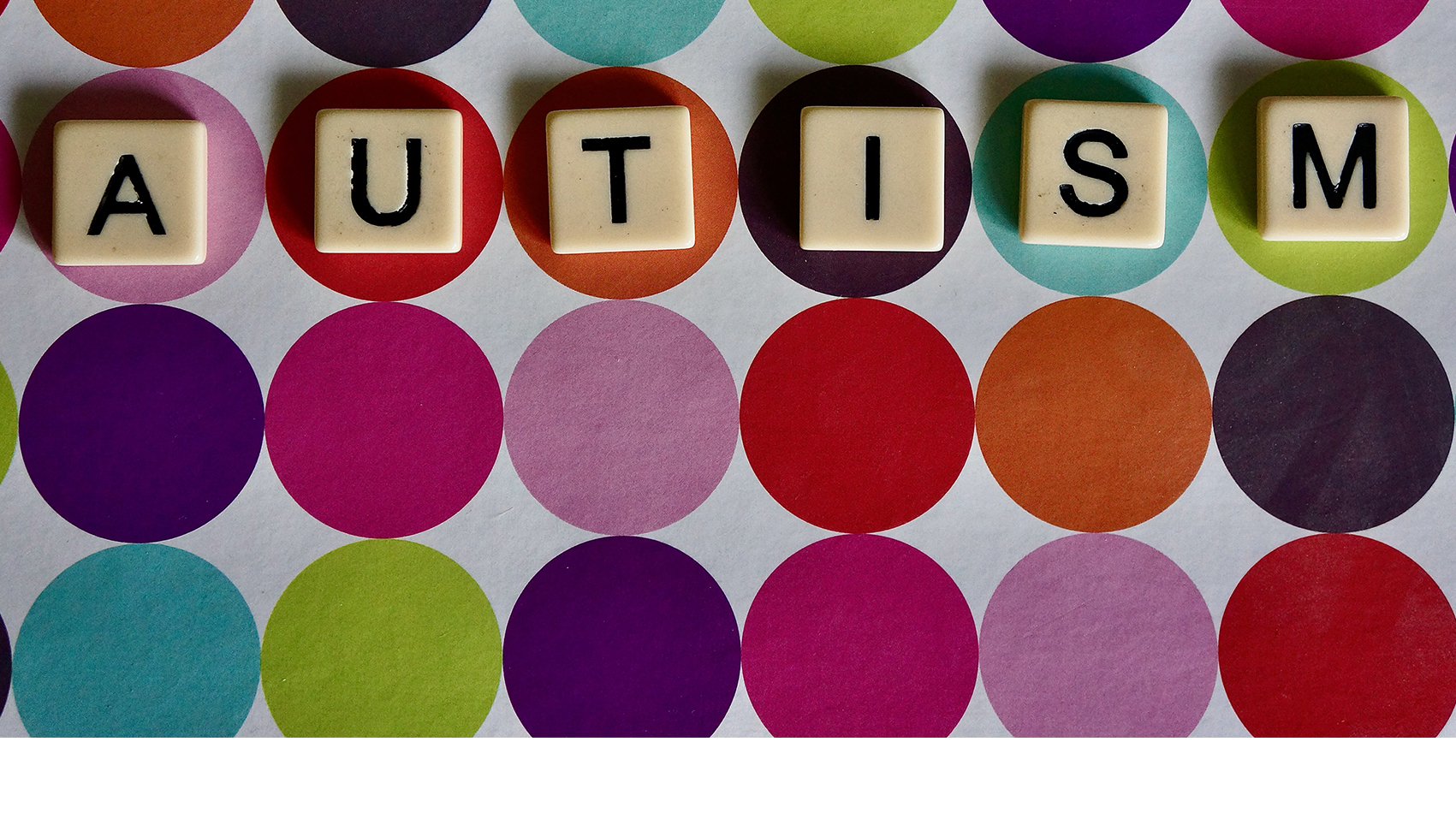This content is associated with The Open University's Psychology courses and qualifications.
Let’s start with our terminology regarding autistic individuals. Many autistic self-advocates insist on an ‘identity first’ definition of their humanness: for example: ‘autistic person’ rather than ‘person with autism’. To clarify, autistic people see autism as an innate part of their embodiment; just as one would not refer to someone as a ‘person with blackness’ or a ‘person with homosexuality’ neither should we separate out the autism from the individual. Nor should we refer to autism as a ‘condition’ or a ‘deficit’. Many autistic people see their autism as a gift and many of those who don’t, or their caregivers, may struggle to reconcile ‘behavioural differences’ that are ‘challenging’ within a neurotypical environment (think-non-speaking autistic child placed in an inappropriate, noisy, visually overwhelming nursery intended to stimulate neurotypical children) with what an ideal environment could ideally be like for an autistic person. In this situation, society creates the disabling environment for the autistic person. Such circumstances will often increase the desire for an autistic person, especially non-speaking autistic people, to self-soothe or calm themselves with activities such as hand-flapping, shouting, rocking, jumping, head-banging or spinning, otherwise known as ‘stims’.
Autism has historically been described within the realms of a pathological or medical paradigm, referring to ‘deficits’ within the autistic individual, thus placing the locus of responsibility for what the medical model calls the ‘disorder’ or the ‘condition’ firmly within the autistic person themselves. According to the ‘social model of disability’ a person is ‘disabled’ by the lack of enabling facilities (e.g. ramps, braille or communicative devices) within society. Many non-speaking autistic people are unable to access appropriate resources to enhance communication abilities. In fact, following many assessments based on neurotypically biased IQ tests, many non-speaking autistic children will be relegated to years of under stimulating education and ‘life-skills’ training, with access to a limited range of enhanced communication techniques such as PECS (Picture Exchange Communication System) or Makaton sign language.

Much recent research has focused on differences in motor control experienced by many autistic people; the inability to elicit and/or disinhibit desired movement; BIMS (burnout), inertia (the feeling of not being about to initiate movement), meltdown and shutdown. Many non-speaking autistic people communicate the problems with initiating speech, not because they do not understand what is required of them but because the words ‘do not reach their lips’. Research has also shown that ‘prompting’ of an action can aid in eliciting movement. An assisted communication and teaching method called Rapid Prompting Method has been used by many non-speaking autistic people to help them initiate the action of pointing to letters on a letterboard in order to communicate. There has been some pushback from the academic community, most notably from those who are engaged in the multi-million-dollar Applied Behaviour Analysis (ABA) industry, whose aim is to ‘correct’ autistic behaviours and ways of being.
This current research project aims to give a platform to non-speaking autistic people, who may communicate independently over keyboard, to give insights into their lives within an overwhelmingly neurotypical world.








Rate and Review
Rate this article
Review this article
Log into OpenLearn to leave reviews and join in the conversation.
Article reviews